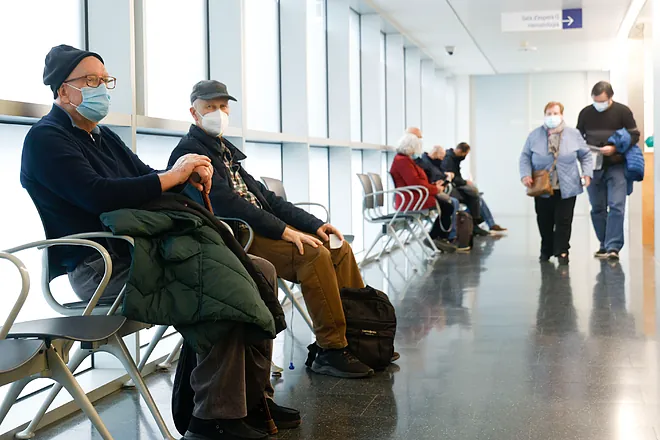Research from the University of Colorado at Boulder and the University of California at Riverside reveals that millennials spend more than 60 hours a week sitting, which increases their risk of heart disease and accelerates signs of aging. The study, one of the first to look at the effects of prolonged sitting time on cholesterol and body mass index (BMI), involved more than 1,000 participants from Colorado, including 730 twins. Meeting minimum physical activity guidelines-20minutes of moderate exercise daily-is not enough to counteract the negative effects of a sedentary lifestyle. Chandra Reynolds, Ph.D., lead author of the study, stresses that reducing sitting time and engaging in vigorous exercise are key to mitigating the risk of premature aging. “Sitting less and moving more throughout the day is necessary to reduce the risk of health problems in early adulthood,” Reynolds says. The study, published in PLOS ONE, reports that participants spent an average of nearly 9 hours a day sitting, reported between 80 and 160 minutes of moderate activity per week and less than 135 minutes of vigorous exercise. Compared to the national average, these results are better, likely due to Colorado’s active lifestyle. However, the key finding is that the more time spent sitting, the more signs of aging become apparent.
Vigorous exercise as a risk moderator
For young adults who spend 8.5 hours a day sitting, meeting physical activity recommendations alone may be insufficient to prevent cardiovascular and metabolic diseases. However, those who engage in at least 30 minutes a day of intense exercise – such as running or cycling – have cholesterol and BMI levels comparable to people five to 10 years younger who are not physically active. The focus on identical twins allowed the researchers to rule out genetic factors and focus on lifestyle effects. In this subgroup, trading sedentary time for exercise showed better health effects than just adding exercise to a day full of inactivity.
Recommendations to reduce sedentary time
Among the researchers’ suggestions are the use of standing desks or conducting meetings by walking. In addition, they recommend vigorous 30-minute daily activities or the option of being “weekend warriors” by doing longer workouts. Reynolds encourages young adults to take preventive measures now: “This is the time to develop habits that will benefit long-term health,” he stresses.










